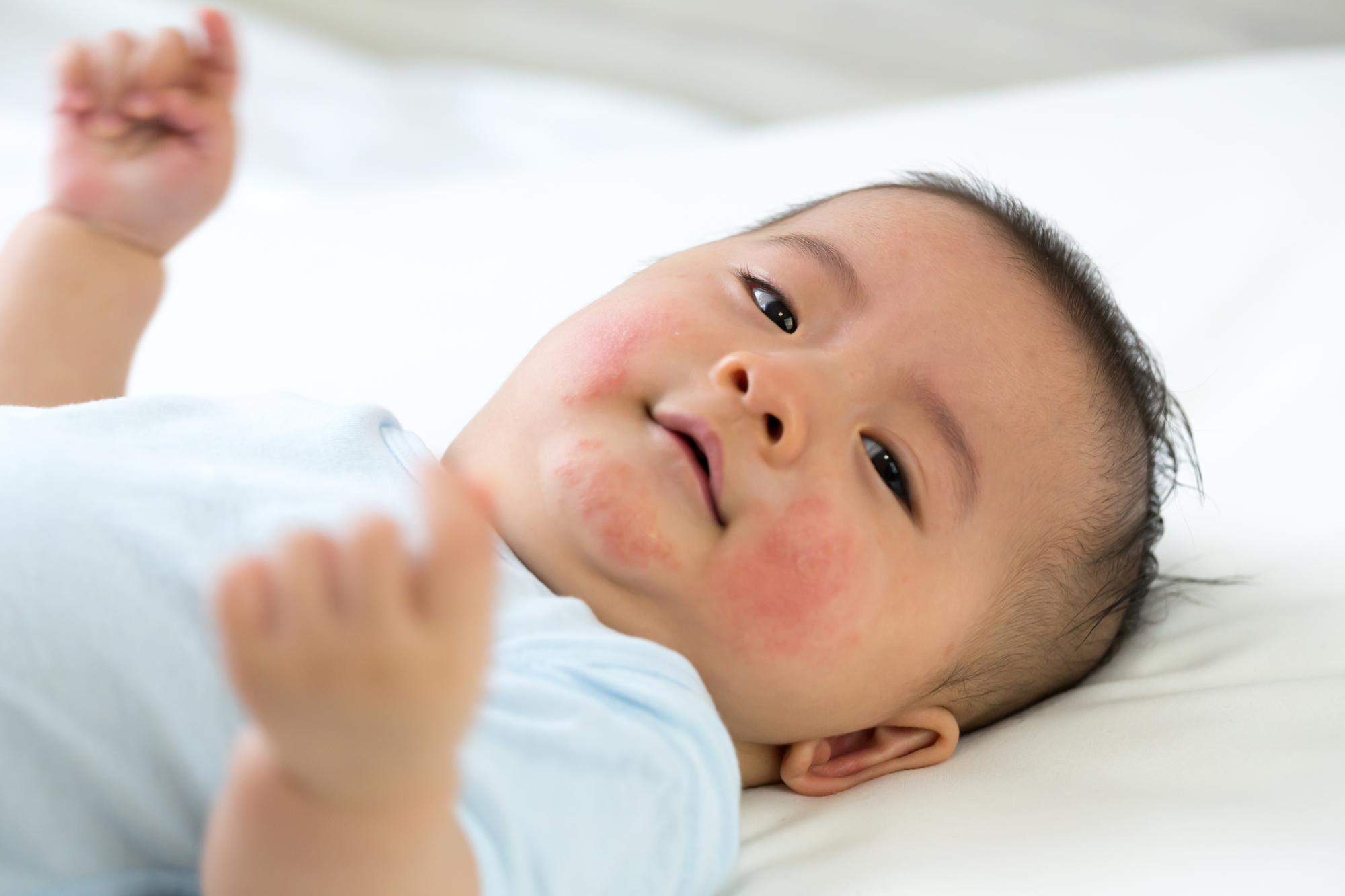Caring for twins and triplets can come with an increased risk of developing post-natal depression, not only for mothers but also for the fathers as well.
When caring for multiples it puts a lot of additional pressure on the parents. There is twice as much work that needs to be done, less sleep to be had and many moments when you may feel like you do not know what you are doing.
Many people believe that it is only the mothers that suffer from post-natal depression, however, fathers are also very susceptible to suffering from it as well.
What causes a father to get post-natal depression?
There are many reasons that a father may develop post-natal depression and a lot of the symptoms are similar to those of a mother who has developed the illness.
Reasons that a new parent may develop post-natal depression can include lack of sleep, feelings of no motivation, struggling to connect with your new babies and struggling to get into the groove of the new routine.
Fathers also tend to go back to work shortly after the babies are born. Meaning that they not only have the stresses and pressures of the changes at home but they also need to worry about their career and work outside of the home as well.
In many cases when a pregnancy of multiples comes to an end, the babies need to spend time either in the NICU or in the SCN. This can be a difficult time for new parents and it can definitely take its toll on the parents both emotionally and physically.
What are the symptoms of post-natal depression in fathers?
Symptoms of post-natal depression vary from person to person and it can be difficult at times to determine if someone is suffering from it or not. Being a parent to twins and triplets is exhausting, and it is easy to brush off post-natal depression as tiredness.
Some of the common symptoms include not being able to sleep, loss of appetite, little to no motivation and unable to keep to a routine. It is also common that the parent who is suffering from post-natal depression will also struggle with making a connection with their new babies and feel like they do not belong or that it doesn’t feel right.
A new father of twins or triplets may experience only a few of these symptoms or they may experience all of them.
How do I help a new father of twins or triplets suffering from post-natal depression?
Once you have noticed that you believe your partner or another new father may be suffering from post-natal depression, the first thing you can do is speak with them and let them know that you are there for them.
In order for them to get assistance in the way of treatment, they need to be able to see that they are suffering and want to get help.
Once they are able to see that they may be suffering from more than just exhaustion from bringing home their twins or triplets, it is important that they book in with their doctor to speak about their concerns and to put in place a treatment plan to help them to start to feel a little bit more in control.
As a partner or a friend, it is important that you continue to reassure them that you are there for them and that you are happy to provide as much support as possible to them during this difficult time.
Give them a chance to spend time with their new babies, let them spend time creating a bond with them and enjoying their time together.
Post-natal depression is a serious illness that can affect any new parent and can throw their world up in the air. It can cause tension throughout the family and it can be hard on everyone involved.
It is important to ensure that you continue to be a family and be there to support each other on a daily basis.
When external help is needed, it is important not to put it off and to get the necessary help.
The first year of your baby’s life is an exciting time that everyone should get a chance to enjoy and be happy through.
If you feel like you or someone you know may be experiencing the symptoms of post-natal depression then don’t put off visiting your doctor and having a chat with them.
Your health is the most important thing when it comes to caring for twins or triplets.









